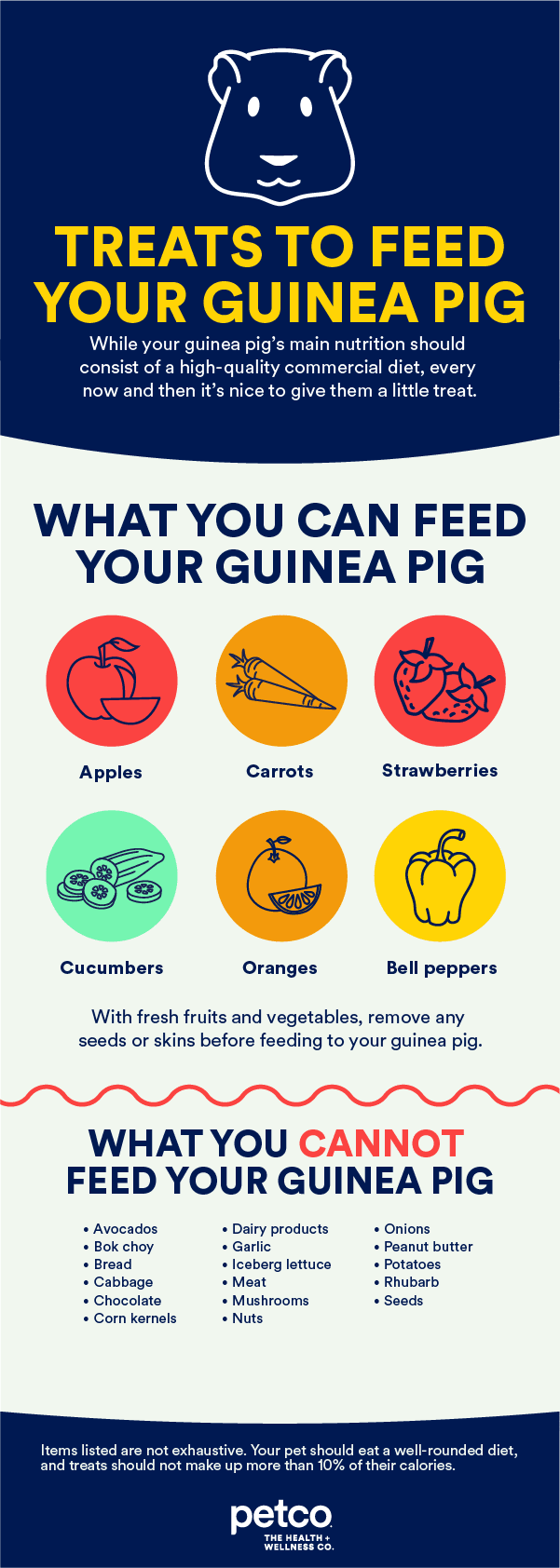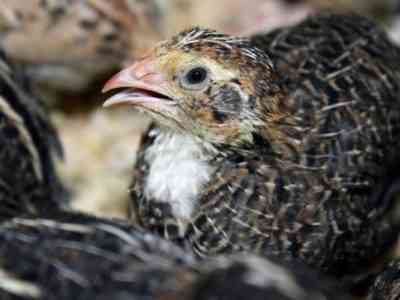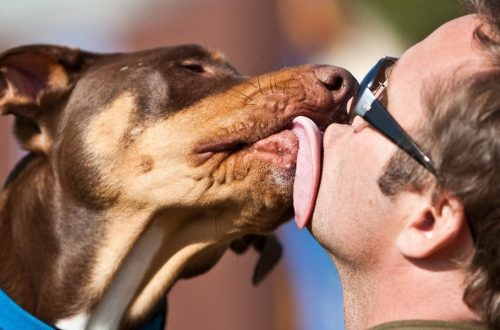
How to feed a guinea pig: choosing the right diet
Without exception, all the owners of these charming rodents are interested in the question of how to feed a guinea pig. After all, proper nutrition is a guarantee of good health and excellent well-being of your pet. So how do you provide him with all this?
Contents
What not to feed a guinea pig
For start necessary figure out what the pet should eat in no way case should not:
- Dairy products – that is, both milk itself and yogurt, cheese, kefir, cottage cheese, etc. Giving them to guinea pigs is something that owners often do, and this is a huge mistake. The pet, of course, will not get poisoned, but it is guaranteed to get diarrhea, bloating. This is because guinea pigs do not have the enzyme to digest lactose. That is, these products will not bring benefits anyway. Of course, the cubs are usually fed with milk, but this is mother’s milk. And then the piglets feed on them for two weeks, no more.
- Meat – his pet will definitely not eat. The fact is that these rodents are 100% vegetarians. This means that even with the best piece of meat, the body of a guinea pig will not know what to do.
- Eggs are also not the diet of these rodents. Therefore, despite all their general usefulness, it makes no sense to treat them.
- Nuts, seeds and grains are also undesirable, and for many rodent owners this fact is a real discovery. However, it should be remembered that nuts are a rather fatty product. Like sunflower seeds, and some grains. And what is fraught with the consumption of fatty foods? That’s right: obesity, problems with the cardiovascular system and the liver. At the very least, if you want to treat your pet with such food, you need to do this in a minimal amount.
- Cereals, breakfast cereals may seem like a delicacy that a pig will like. However, they are completely unhealthy for rodents. Moreover, they also contain sweeteners and carbohydrates.
- Speaking of sugar and products containing them, this is also banned. The only thing is fresh fruits and berries like watermelon, bananas, etc. allowed, but in small quantities. And sweets, for example – poison! Even a small amount of them dramatically increases the level of sugar in the blood of the pig.
- Bread and various baked goods also contain refined sugar. Also in the composition are preservatives, enhancers and other ingredients that are definitely harmful to a rodent. In addition, pig bread is very difficult to digest.
- Canned food – everything is just as clear here as with sweets. The amount of additives in such products is so large that it is definitely fatal for rodents.
- Potato – it is in any form harmful to guinea pigs. So, root crops contain starch, which is dangerous for these pets. The tops, which the owner may wish to feed, are completely poisonous!
- As for other vegetables, it is worth keeping the pig away from radishes and radishes, onions and garlic, eggplant, horseradish. All of them will cause indigestion.
- Fruit is also not all allowed. So, pomegranate, grapefruit, persimmon, lime, lemon and dates should be excluded from the diet. And bones in general are impossible, regardless of which fruit they belong to.
- Of the legumes, beans and peas can be attributed to the “taboo” category. The latter is especially undesirable in boiled form. As for beans, it is permissible to treat only green shoots.
- Mushrooms are also banned. And in any form, not just canned.
- Surprisingly enough, not all weed can be given to guinea pigs. Sorrel, rhubarb, lavender, motherwort, serpentine, celandine, belladonna, wild rosemary, valerian, sow thistle, fern do not need to be given. Houseplants are also not the best options. Like branches of pine, fir, oak, quince, spruce.
How to feed a guinea pig: choose the right diet
С dealt with the bans, and the turn has come understand what to give a guinea pig can:
- Speaking how feed the guinea pig keep in mind that grass and hay should make up the majority of the diet rodent. More precisely, at least 75%, because this the rodent is purely herbivorous being. All of his digestive tract is predisposed to digestion coarse fibers. a good hay will serve as a guarantee that guinea pig intestines will work in due order. Such hay is fragrant, not small and not dusty, without twigs. Hay should be given chopped or rolled in a roll so it doesn’t get tangled in the pet’s fur. During the warm season the grass will be snapped up with a bang. For example, spinach, dill, lettuce, parsley, alfalfa, nettle, clover, plantain, yarrow, sage, burdock, echinacea, chamomile. It is also possible in a small treat with a quantity of dandelion, coltsfoot, milk thistle, wormwood, Ivan-tea, tops of carrots and beets. The main thing is not to collect greens in places where close to which many pass transport. No everyone knows, but also under the trees to collect grass is undesirable. The point is that there is often a large amount of bird droppings, leading to poor quality herbs.
- Vegetables fresh – they should account for approximately 200 g daily ration. in number permitted vegetables include carrots, beets, cucumber, zucchini, pumpkin, fennel, parsnips, turnips, celery in the form tubers. A small amount is acceptable give tomato, artichoke, bulgarian pepper, cauliflower, Jerusalem artichoke, swede. As for the white varieties of cabbage, it is recommended give with caution as it can disrupt the intestinal flora. Curly chicory is an extremely desirable product, because it contains a lot of minerals, few carbohydrates and also watery.
- That for fruits, they are desirable give 2-4 times a week. Preferred fruits are pears, apples, plums, grapes. But grapes contain only seeds shouldn’t! Pineapple, tangerines, oranges, kiwi, bananas, apricots and peaches can be in quite a small amount.
- А Now let’s talk about berries. Useful for pigs are cherries, raspberries, blueberries, currants, strawberries. In a small quantity you can treat your pet sea buckthorn, mountain ash, gooseberry, blackberries, cranberries.
- Granulated it is desirable to give food in a dosage 30-60 g daily. This food is sold in specialty stores, and contains all the necessary mineral supplements for the rodent, as well as vitamins. He helps the pig great for sharpening teeth.
About the nuances of feeding at home conditions
What are the nuances of feeding guinea pigs?
- Net water must be present in the drinker daily, and it is better to change it every day. According to research, adult a healthy pig should drink per day about 250 ml of water. And if the pet is in the position, then he drinks even more actively. How and in the summer. Water must certainly be either bottled or filtered. Preferably use a closed drinker, because the water in it does not deteriorate. But it is better to purchase two types of drinkers – closed and open. On hot days, the pigs will be happy to lower front paws in an open container – and thus refresh somewhat.
- Extremely it is advisable to feed the pet at the same time same time. pigs as show research, to this very quickly get used to. Usually specialists feed gilts twice a day, but pregnant individuals can be three or four times.
- Better give the pet exactly as much as he is ready to eat. Or do you need leftovers? remove immediately after feeding, otherwise they will deteriorate. Such a rule is not applies, perhaps, to hay.
- No you need to treat your pet only dry feed or just hay. juicy food must be present. And highly recommended to adhere to proportions indicated in this article.
- food should be washed well. However, from the skin food does not need to be cleaned. Except that, you can clean the sweet pepper, which quite difficult to chew.
- Starve the pig shouldn’t. It is believed, what if this rodent does not eat anymore 18 hours, he should be euthanized. That yes, such a long period of abstinence from food indicates a very serious health problems.
- Very it is advisable to treat the pigs with special mineral stones that are bought in a zoological shop. This is a treat helps to grind teeth and minerals saturate.
- Pregnant individuals are strongly advised to give rosehip infusion. He will provide great benefit to the body of the expectant mother.
A guinea pig in captivity lives an average of 4 to 8 years. And this is longer than, for example, a hamster. However, how long a pet lives depends, among other things, on his diet. Therefore, the owner should immediately pay special attention to this moment.





